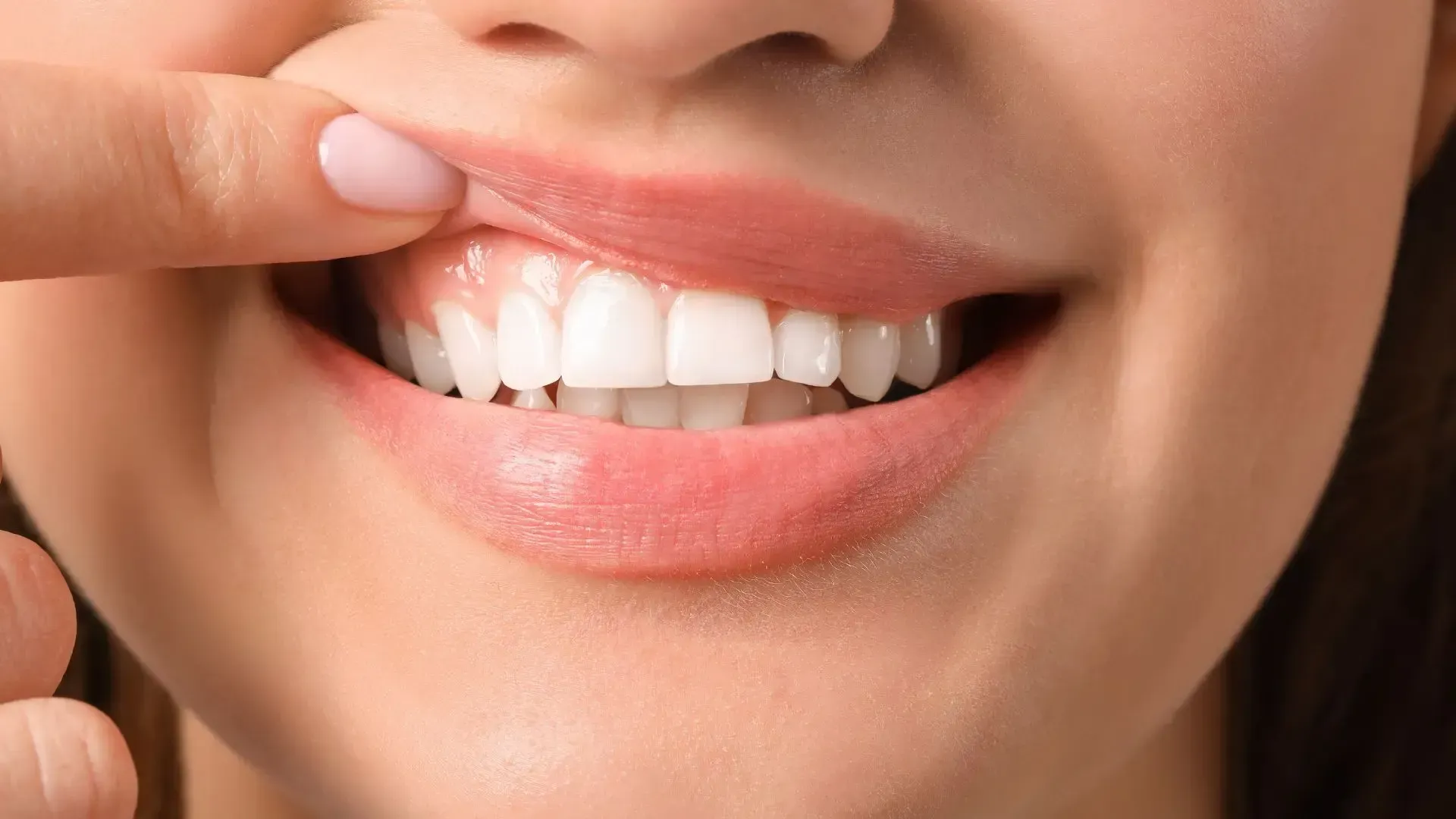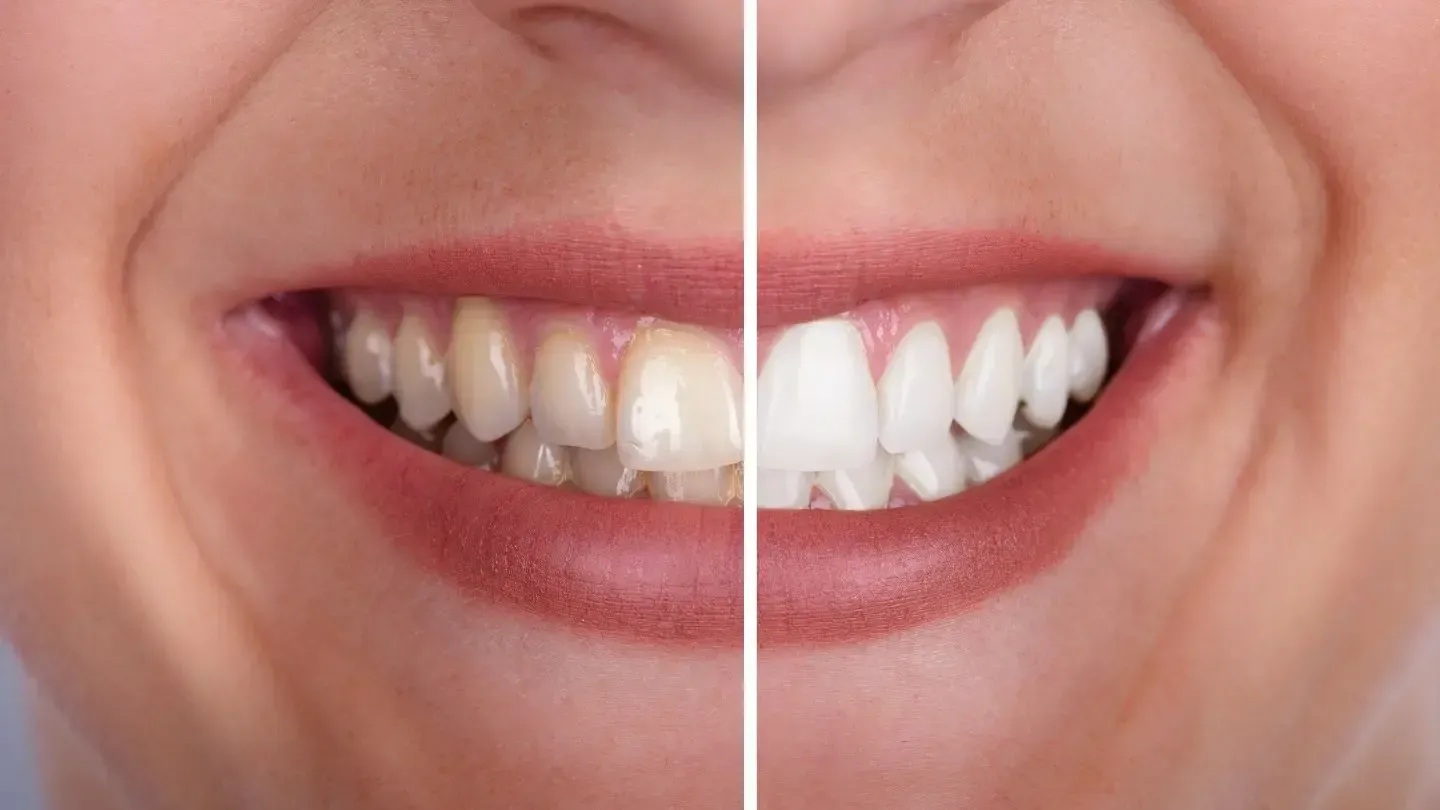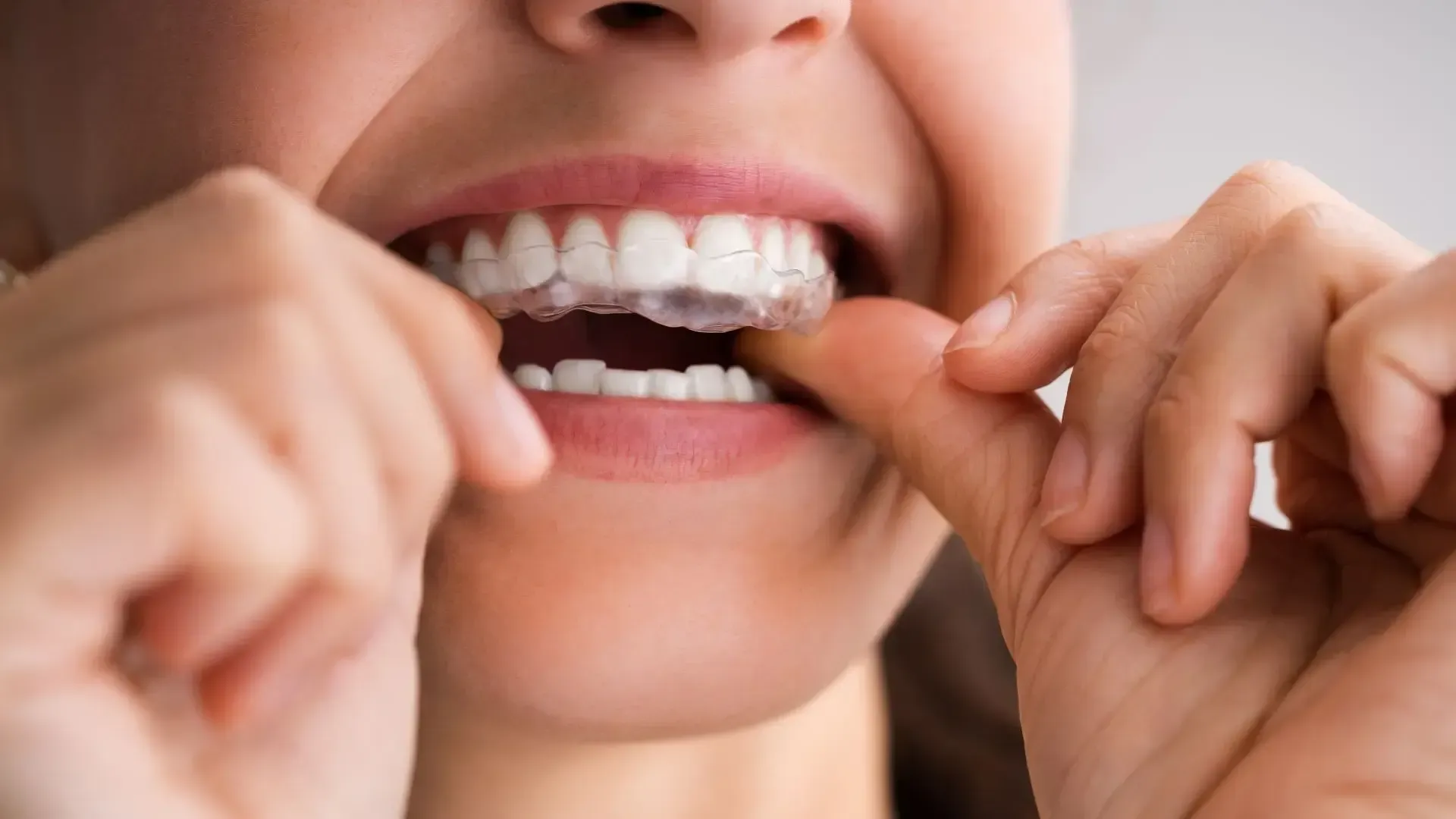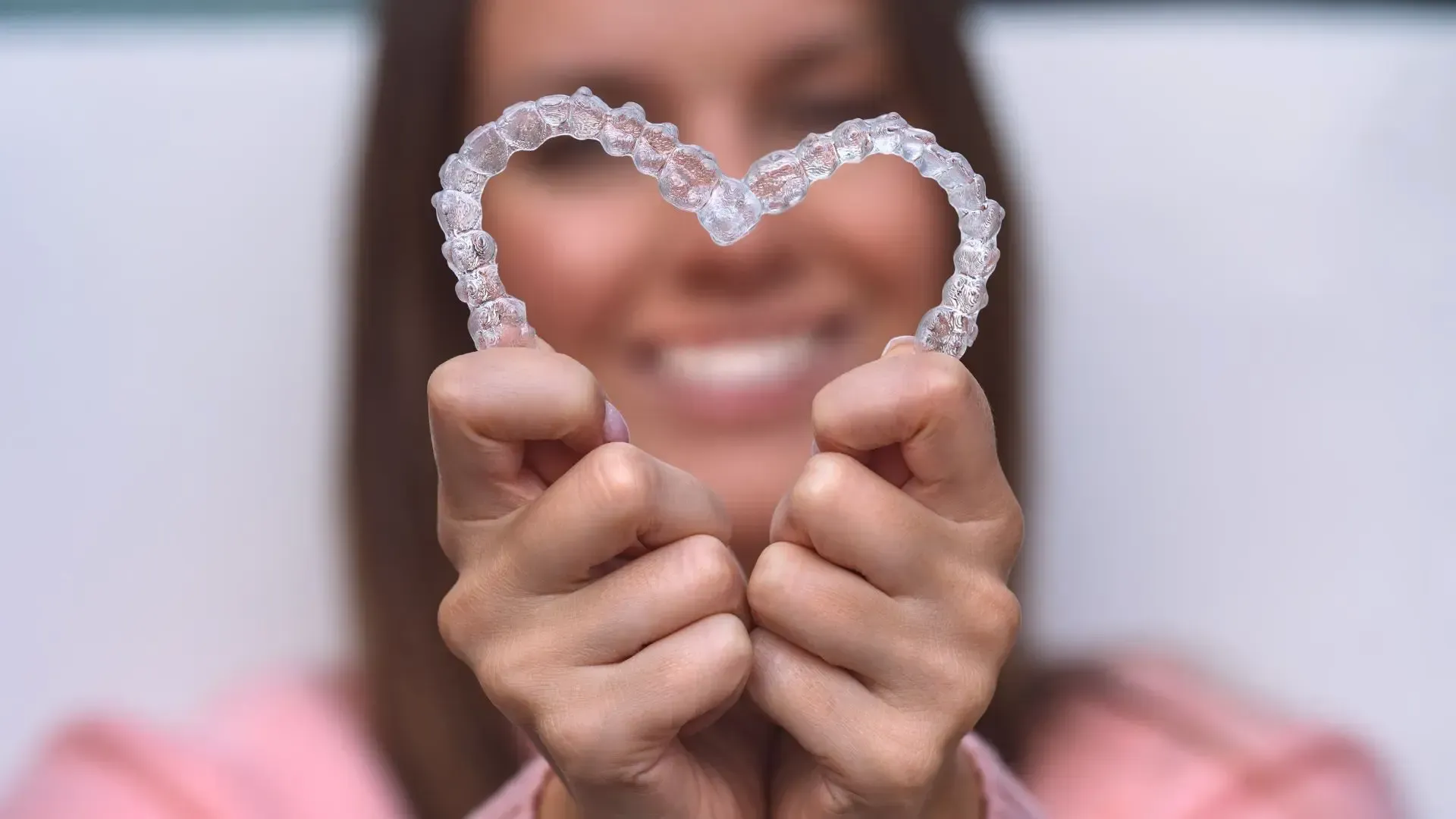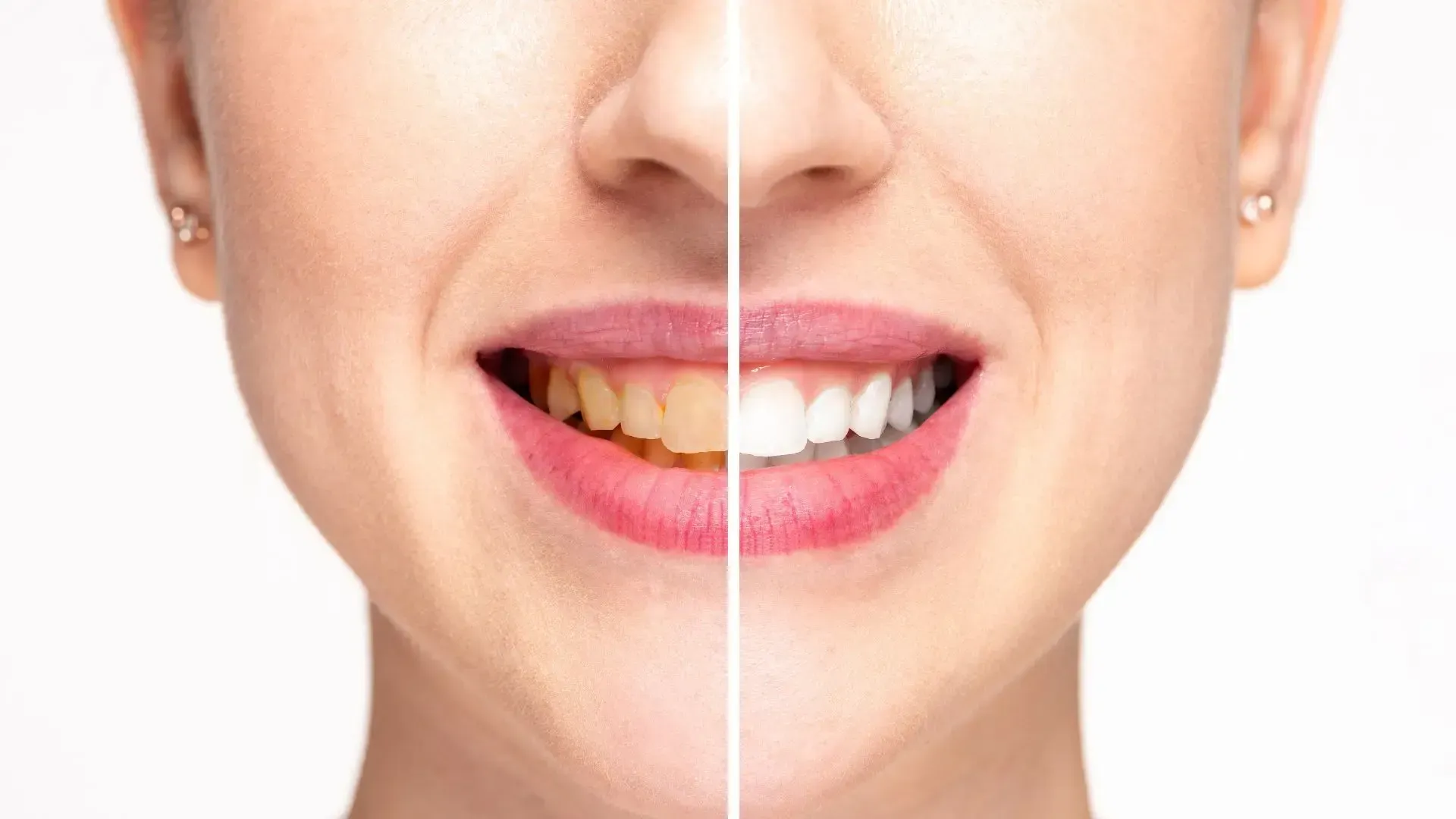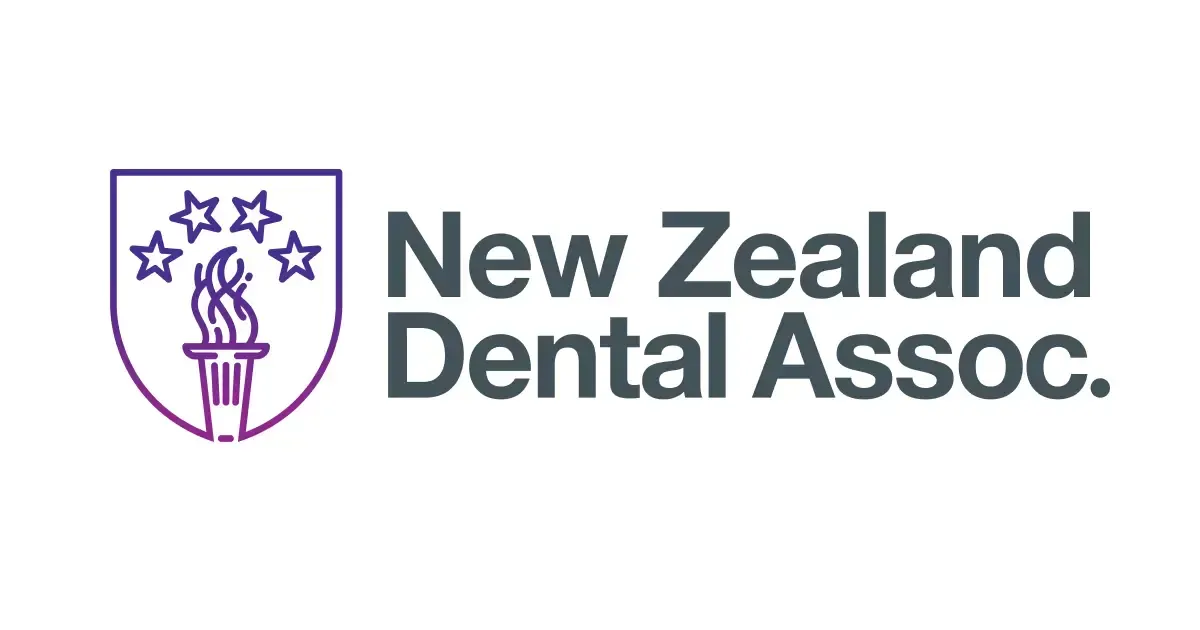The tooth of the matter: don’t get worn down by your teeth

People are rather good at visiting their local Christchurch dentists when there’s a dental emergency such as a broken or chipped tooth, or when they recognise their child may need orthodontic braces. But people are generally less familiar with tooth wear compared to other dental issues like cavities or gum disease. Tooth wear progresses gradually and typically without immediate pain, making it less noticeable until significant damage has occurred. The subtlety of changes to the teeth can lead to confusion with a natural part of aging rather than a preventable issue, causing some to misattribute or overlook the symptoms.
What is teeth wear?
Teeth wear happens when enamel, the hard outer layer of teeth, gradually erodes, eventually exposing the softer dentin underneath. Dentin is the final barrier before the dental pulp cavity, where nerves and blood vessels are housed, making it vulnerable to bacteria and infection entering the bloodstream. While not all cases of teeth wear require dental treatment, delaying quality dental care increases the risk to both your dental and overall health.
There are three main types of tooth wear:
- Erosion: the loss of enamel through chemical processes involving acid, unlike tooth decay which is caused by bacteria. The acid is either extrinsic (from consumed foods and drinks or medication) or intrinsic (from gastric acid reflux (GORD) or from eating disorders and chronic vomiting)
- Attrition: the wearing away of teeth by consistent tooth to tooth contact – bruxism aka teeth grinding or clenching of the teeth.
- Abrasion: the wearing away of teeth by physical items such as overly zealous tooth brushing or eating course foods such as nuts.

Symptoms of tooth wear
It’s important to note that teeth wear is not the same as tooth decay, although many of the symptoms overlap. It manifests through various symptoms, which may become more noticeable as time progresses and can lead to tooth loss if left untreated. If you notice any of the following symptoms, it's important to make an appointment at our dental clinics in Christchurch for an evaluation and to identify the best dental treatment to prevent further wear and potential complications.
Here are some common symptoms of tooth wear to look out for:
- Increased tooth sensitivity: as the enamel wears away, the underlying dentin becomes exposed leading to sensitivity to hot, cold, sweet, or acidic foods and drinks. In more advanced cases, even breathing in cold air triggers discomfort or pain.
- Changes in a tooth’s appearance over time: teeth may look worn down, smaller or aged, and you can also lose significant parts of the tooth’s structure. A tooth’s surface may become flat, smooth or shortened due to grinding (attrition) or erosion. You may experience hairline fractures in a tooth, or you may notice the edges of your teeth become chipped or cracked which causes a rough or uneven tooth surface that feels uncomfortable against your tongue. Thinning enamel means dentin is more visible making the teeth appear yellow or thinner and more translucent at the edges, especially the front teeth.
- Altered bite and jaw pain: as the overall shape and contour of the teeth change, it affects how they fit together. A change to the alignment of the bite potentially leads to discomfort when chewing or biting. You may also experience jaw pain, tension, or headaches due to the stress placed on the jaw muscles caused by grinding (bruxism).
- Tooth discomfort or pain: in severe cases, the wear may expose the inner layers of the tooth causing ongoing pain or discomfort, especially when chewing or biting. As the enamel wears away, teeth become more susceptible to cavities and more pain and sensitivity.
- Change in face shape: a change in the tooth structure impacts the overall aesthetics of your face and smile. In severe cases of teeth wear, significant portions of the tooth structure are lost changing the appearance of your face. Tooth loss significantly impacts the length of the jawbone, leading to a reduction in facial height. This loss of support alters the angles of the face, often causing it to appear sunken or hollowed. Teeth add volume and structure to the face, and their absence results in the formation of more vertical lines and wrinkles, giving the face an older, more aged look.

Treatments for tooth wear
As always, your oral health routine is key to having healthy tooth enamel, healthy gums, and teeth. Schedule visits to your dentist every 6 months for early detection and treatment to avoid issues and maintain oral health. A regular appointment with a dental hygienist to professionally clean your teeth is also highly effective in the ongoing treatment of worn teeth.
Your home brushing and flossing routine is the foundation of great teeth. A good start is to use a soft-bristled toothbrush to gently clean your teeth. Clean your teeth as if they are diamonds avoiding aggressive brushing. The most effective dental treatment for tooth wear depends on the cause and severity of the wear. There are several restorative dental treatments our dentists in Riccarton will explore with you:
Orthodontic braces: adjusting the position of teeth minimises attrition and optimises oral health. Invisalign braces are a popular choice of brace for adults.
Dental bonding: applying a tooth-coloured resin to the worn areas restores the tooth shape while protecting against future damage.
Crowns and veneers: severely worn teeth can be covered and protected to restore both the function and appearance of the teeth. Ceramic and porcelain veneers deliver a natural looking but perfect smile!
Fillings: for minor wear, fillings are used to build up and protect worn areas.
Teeth whitening: a cosmetic dentist determines whether it is in your best interest to have this dental treatment. Not everyone is a suitable candidate, so if you have advanced thinning of tooth enamel, gum disease, cavities or an infection, teeth whitening may not be an option for you at this stage of dental recovery.
If you have noticed a change in your teeth or gums and are concerned about with how your teeth look or feel, please make an appointment. The early warning signs of tooth wear can be subtle, so don’t dismiss any worries you may have. Call 03 348 5488 to make an appointment at Duxton Dental’s Riccarton dental clinic.










